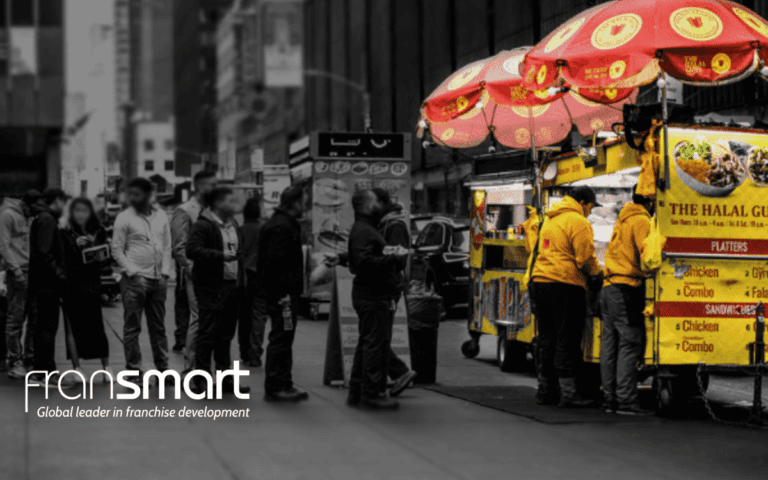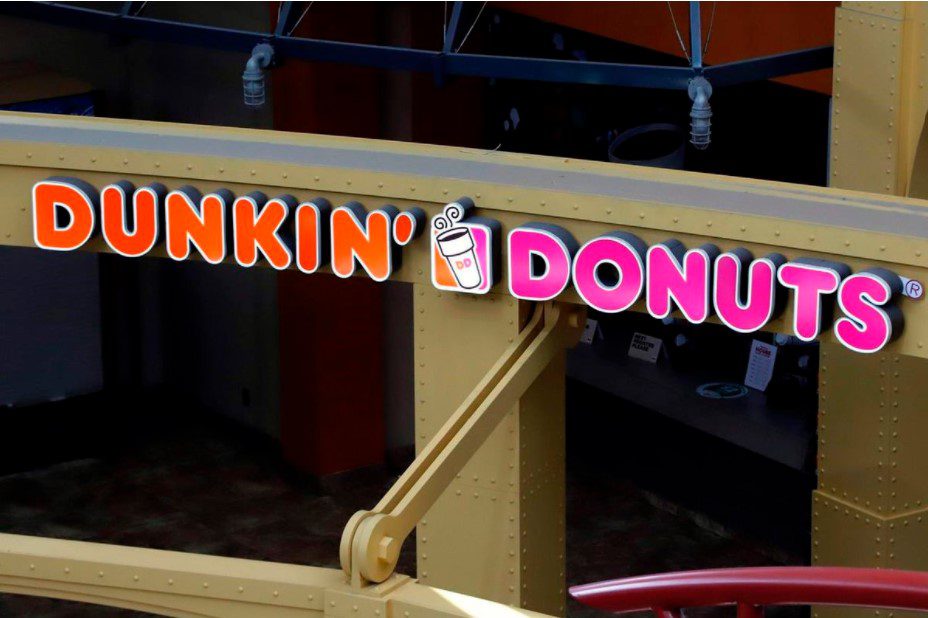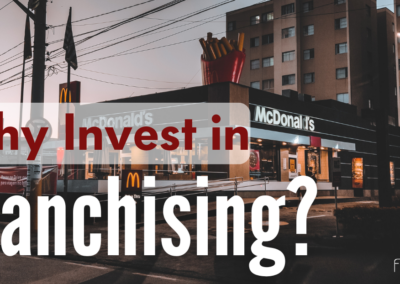Recently, Inspire Brands (owner of the Arby’s, Buffalo Wild Wings and Sonic restaurant chain) announced that it would acquire Dunkin’ Brands (owner of the Dunkin’ Donuts and Baskin-Robbins banners) in a deal valued at US$11.3-billion, setting off the largest acquisition in the restaurant industry since Burger King purchased Tim Hortons in 2014.
While this deal is just one of several in the sector in the United States since the pandemic began (largely involving brands which have no presence in Canada), it may be the first domino to fall in what could set off a cascade of restaurant acquisitions in Canada.
Restaurant chains (and the businesses that support them) have always been attractive acquisition targets, both to existing multibrand restaurant groups looking to add to their roster, as well as to private equity. Restaurants also happen to be one of the few business left that are Amazon-proof: Whatever else can be delivered to your front door, every day; millions of Canadians wake up hungry; and the dine-in and delivery experience are not so easily replaced. People are going to eat, and alternatives to making food at home will always be sought. Despite how disproportionately the pandemic has devastated restaurant businesses compared with others, certain models are safe, and investors have typically viewed franchising as especially attractive owing to the stream of residual royalty fees.
There are several strategies a buyer may consider when looking to acquire a restaurant chain, including grabbing more market share by acquiring a competitive brand, getting a foothold in an emerging market where the buyer did not already have a presence, integrating new technology, diversification, or simply adding a new line of revenue that the buyer didn’t already have.
Over the years, we have seen much of this in Canada, with Recipe Unlimited expanding its brand portfolio to include New York Fries, the Keg and Pickle Barrel, or MTY Food Group acquiring Timothy’s World Coffee, the Works, Extreme Pita and multiple U.S. brands, or the sellers of Extreme Pita acquiring the Burger’s Priest.
Certain restaurant concepts have weathered the pandemic better than others, in particular those that were already established in consumers’ minds as delivery or take-out options, or those that could easily pivot to it, such as quick-service and fast-casual brands. Full-service concepts have understandably struggled more, as they rely on larger physical footprints and dine-in experiences, both of which have become untenable to maintain.
Valuing a restaurant chain in the COVID era has proved to be difficult for both restaurants and investors. Do we look at the numbers for 2019, 2020, or 2021? What does 2021 even look like? If you valuate businesses on earnings, downtimes will be reflected. If you valuate based on lower debt levels to extract a higher purchase price, that won’t reflect the amount of leveraging needed in today’s climate. It instinctively feels wrong to pay last year’s prices today. Because of this challenge, we are not yet seeing transactions getting done unless they are out of extreme desperation, other than the big-ticket outliers such as the recent Inspire acquisition of Dunkin’.
Buyers see opportunities to acquire distressed brands for lower amounts than normal, as well as opportunities to invest in concepts that have managed to maintain the status quo or even thrive during the pandemic. And they have access to capital that brand owners may badly need, either to survive or to take advantage of the current climate for growth. Restaurant chain owners may still be clinging to prepandemic valuations and are not quite ready to sell. The gap between buyers’ and sellers’ expectations will likely start to narrow as the pandemic continues and restaurants’ need for capital becomes more urgent.
Consolidation may be viewed by some as bad news for small businesses in the sector as a handful of companies continue to grow larger. It may be troublesome from a competition perspective, and not every integration of a restaurant concept into a larger group is a success. (By most measures, the sale of Tim Hortons did not improve the brand’s goodwill among franchisees and customers.) But these acquisitions may also serve as a lifeline to small business, since larger companies with more readily available capital can better negotiate with landlords on behalf of franchisees, ultimately keeping the lights on and the workers employed, not to mention the cost savings that purchasing power within a larger group can deliver.
The pandemic has helped shine a light on both the stronger and weaker brands. The best operators have integrated technology and pivoted to other offerings, such as groceries, that allow them to adapt and be front of mind for consumers relying more on delivery options.
Operators relying on dining experiences unable to make that pivot have gotten stuck. Technology has gone from being a desirable feature to an utter necessity. Restaurants must be offering in-person, delivery and order-ahead options, all enabled by seamless technology platforms. The pandemic has exponentially accelerated the trends that were taking place anyway.
While the restaurant business is difficult, the model is nonetheless attractive for investors for its ability to generate significant levels of predictable cash flow. While the dining experience will be forever altered by the pandemic, restaurants are here to stay.









